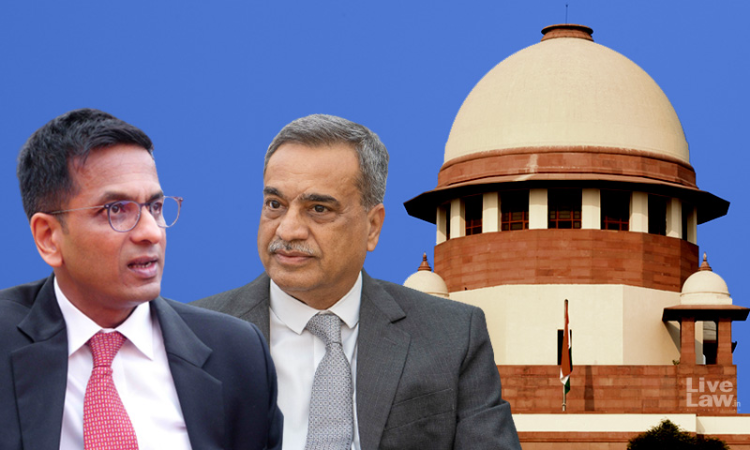'Civil Proceedings Mean Nothing To Parties, Because Courts Are So Lax' : Supreme Court
Mehal Jain
18 April 2021 11:44 AM IST

Next Story
18 April 2021 11:44 AM IST
The Supreme Court on Friday orally remarked that parties are not taking civil proceedings seriously because of the laxity of the Courts."...Civil proceedings mean nothing to the parties. This is because the courts are so lax", observed Justice DY Chandrachud while hearing a civil appeal."Our (civil justice) system is a 'defendant' system. The reason is that the courts do not take the...
